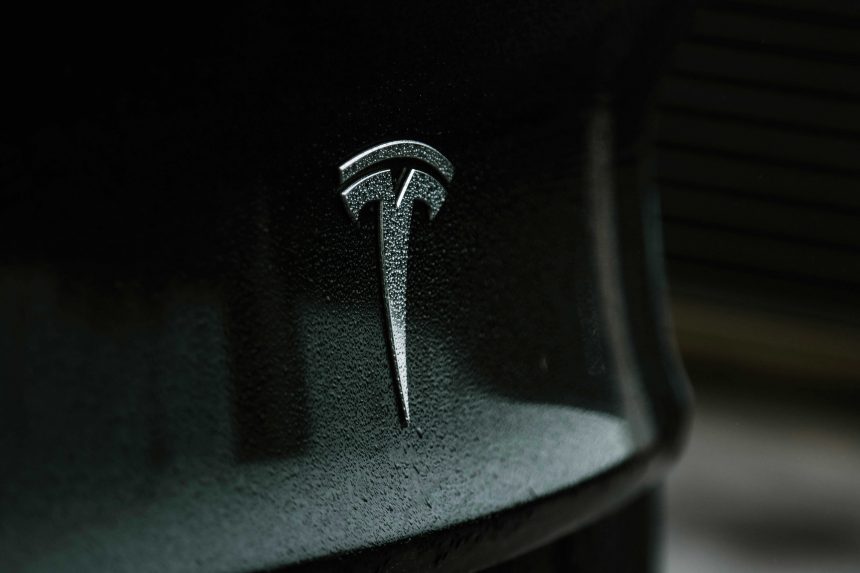Elon Musk has recently announced a significant workforce reduction at Tesla, cutting 14,000 jobs globally. This decision comes as Tesla faces challenges in the market, including declining sales and increasing competition from Chinese rivals. Musk made it clear that these job cuts were necessary for Tesla to remain lean, innovative, and prepared for future growth.
Despite experiencing a drop in sales in recent months, Tesla had maintained its position as the leading electric vehicle manufacturer worldwide. However, Chinese competitor BYD surpassed Tesla in sales in the last quarter of 2023. This shift in the market landscape has raised concerns about Tesla’s ability to maintain its competitive edge.
The layoffs at Tesla have raised questions about the company’s strategy and long-term viability. By reducing its workforce, Tesla aims to cut costs and streamline operations, but this approach may also impact its ability to innovate and invest in research and development. Additionally, the layoffs could have a negative impact on employee morale and disrupt company culture.
Beyond Tesla, BP’s decision to scale back its EV charging business points to broader challenges in the industry. While the transition to electric vehicles is inevitable, companies like BP may be hesitant to invest in infrastructure until they see a clearer path to profitability. The ripple effects of Tesla’s layoffs will be felt by suppliers, local economies, and the broader EV industry.
Looking ahead, Tesla’s success will depend on its ability to adapt to the changing market dynamics and address concerns about its autopilot technology. The company will need to balance cost-cutting measures with continued investment in innovation and R&D. The decisions made by Tesla and other key players in the industry will shape the future of electric transportation and have a significant impact on the global EV market.
While the layoffs at Tesla are a sobering reminder of the human cost of market challenges, they also present an opportunity for innovation and growth in the EV industry. As companies compete for market share and advancements in technology, consumers can expect to see improvements in battery technology, vehicle design, and charging infrastructure. Ultimately, a competitive and robust EV market holds the potential to accelerate the adoption of electric vehicles worldwide and combat climate change.






